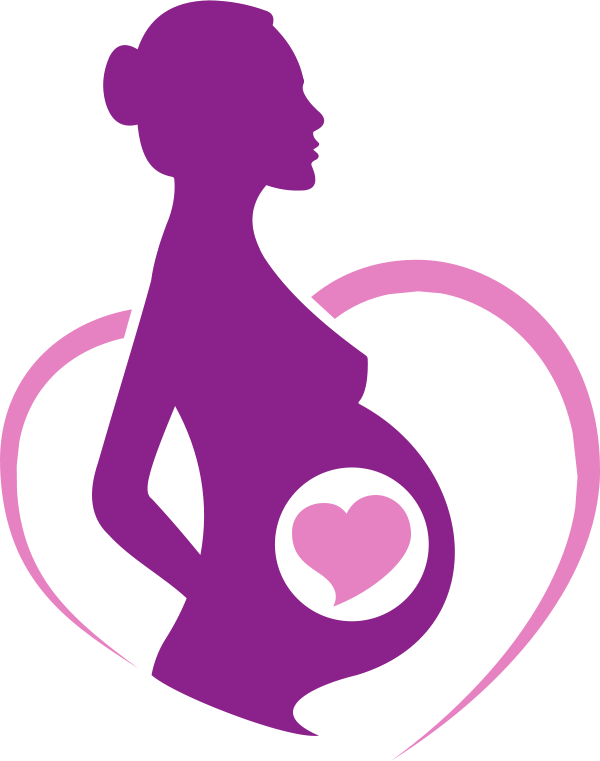Abdominal Massage for PCOS
Share this blog post!
Living with PCOS (Polycystic Ovarian Syndrome) can be an overwhelming experience, particularly when it comes to managing the various symptoms and long-term health impacts. Today, we'll explore how abdominal massage and related therapies can aid in addressing PCOS, including the role of NAVEL in PCOS management, and how specific abdominal techniques can make a positive difference.
What is PCOS?
PCOS, or Polycystic Ovarian Syndrome, is a common hormonal disorder affecting women of reproductive age. The "string of pearls" appearance often associated with polycystic ovaries is not always present in every case, and not all women with polycystic ovaries have PCOS. The syndrome is typically diagnosed when two of the following three symptoms are observed: polycystic ovaries on ultrasound, irregular menstrual cycles (more than 35 days between cycles), and hyperandrogenism, which includes elevated testosterone levels leading to symptoms like acne, excessive body or facial hair, and hair thinning.
PCOS manifests in different forms depending on the root cause, such as insulin resistance (the most common type, affecting 80% of women with PCOS), adrenal PCOS (stress-induced), inflammatory PCOS, or post-birth control PCOS. The condition is often linked to long-term health concerns like insulin resistance, heart disease, and certain cancers, making early and effective management crucial.
The Connection Between NAVEL and PCOS
At the heart of our body’s ability to regulate its internal environment is the concept of homeostasis, a divine and intelligent balancing system. For homeostasis to function effectively, proper blood flow is vital, and that's where NAVEL comes into play. NAVEL represents the systems involved in this balance—Nutrition, Arterial flow, Venous return, Energy, and Lymphatic flow.
When these systems work harmoniously, our body is better able to regulate hormones, support digestion and elimination, maintain oxygen levels, and manage stress. Abdominal massage and therapy can improve blood flow, lymphatic drainage, and energy flow, which can help restore homeostasis in individuals with PCOS. Specifically, abdominal therapy can target the pelvic region, enhancing blood flow to the reproductive organs and promoting hormonal balance.
How Abdominal Therapy Can Support People with PCOS
Abdominal therapy focuses on improving circulation to the reproductive organs and aiding the body's natural healing processes. By addressing restrictions in blood flow, lymphatic drainage, and nerve supply, abdominal massage can alleviate stagnation and congestion in the pelvic region, potentially improving symptoms such as irregular cycles, bloating, and digestive discomfort, all common in PCOS.
This therapy also supports the sympathetic and parasympathetic nervous systems. By calming the body’s stress response, abdominal therapy can benefit women dealing with adrenal PCOS, where stress and cortisol levels are the primary culprits. Additionally, abdominal massage helps regulate the vagus nerve, which influences digestion, relaxation, and even emotional well-being—key areas impacted by PCOS.
Working Comfortably with People with PCOS
When living with PCOS, it's natural to feel overwhelmed by symptoms like irregular cycles, fertility challenges, or acne. You may also struggle with body image, past diets, or conflicting information about your condition. That’s why it’s so important to find care that feels supportive and compassionate.
At Prenatal Massage & Movement Center, we approach every individual with empathy. We create personalized treatment plans that take into account your unique symptoms and the root cause of your condition. Whether you're managing insulin resistance, adrenal fatigue, or inflammation, abdominal therapy can be a gentle yet effective way to help restore balance and improve your overall well-being.
Supporting Modalities for PCOS
In addition to abdominal massage, our team incorporates a variety of supporting modalities to enhance the healing process. These include:
Castor oil packs: Known for their anti-inflammatory and detoxifying properties, castor oil packs can help improve lymphatic flow and reduce pelvic congestion.
Herbal steaming: This traditional therapy can soothe the reproductive system and improve circulation to the pelvic organs.
Nutrition and movement: By encouraging a low-carb or low-glycemic diet and consistent, enjoyable movement, we can help manage insulin sensitivity and reduce inflammation.
Seed cycling: A simple yet effective technique to balance hormones naturally by consuming specific seeds during different phases of the menstrual cycle.
Living with PCOS can feel overwhelming, but there is hope. Abdominal massage, combined with other holistic approaches, can offer profound benefits for those struggling with the condition. By improving blood flow, calming the nervous system, and addressing underlying imbalances, abdominal therapy can support the body in its journey toward healing and balance. At the Prenatal Massage & Movement Center, our team is dedicated to offering compassionate, personalized care to help individuals with PCOS find relief and regain control over their health.
Frequently Asked Questions
Can abdominal massage help with PCOS?
Yes, abdominal massage can offer significant benefits for people with PCOS. By improving blood flow, lymphatic drainage, and nerve supply, abdominal massage helps alleviate stagnation and congestion in the pelvic region, potentially reducing symptoms like irregular cycles, bloating, and digestive discomfort.
What type of massage is good for hormonal imbalance?
Abdominal massage is an excellent choice for addressing hormonal imbalances. It works by enhancing circulation to the reproductive organs, calming the nervous system, and supporting the body's natural healing processes, all of which contribute to hormonal balance.
Share this blog post!

